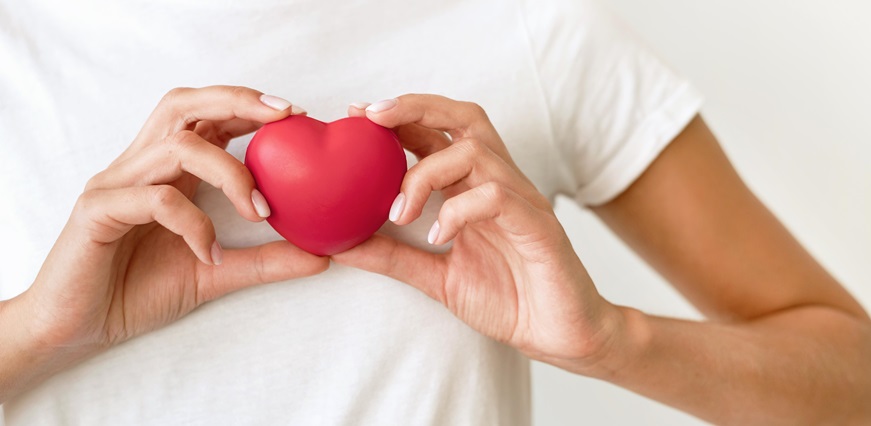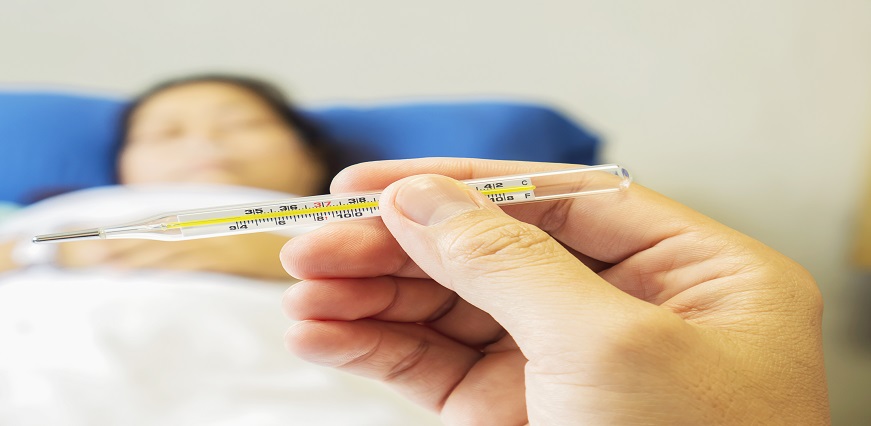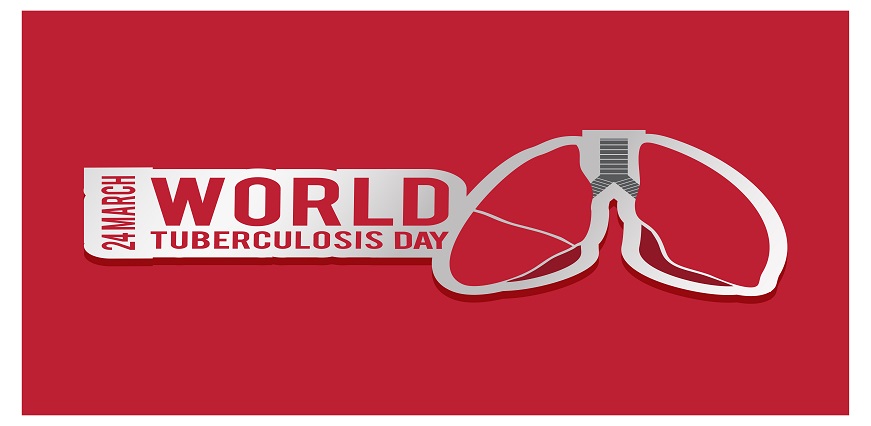





No lab centers are available in this city

Max Lab
Jul 18, 2024
Cholesterol is a waxy substance produced by the liver, essential for protecting nerves, forming cell tissues, and producing certain hormones. The body also obtains cholesterol from the consumed food. Cholesterol exists in two main forms: high-density lipoprotein (HDL) and low-density lipoprotein (LDL). HDL is often referred to as "good" cholesterol, while LDL is commonly known as "bad" cholesterol.
There are so many reasons for high LDL cholesterol levels. Excessive levels of bad cholesterol (LDL) can negatively impact health.
LDL cholesterol means the type of cholesterol that can lead to plaque buildup in the arteries. LDL particles are composed mainly of cholesterol and a smaller proportion of proteins. Too much LDL can put an individual at a higher risk of a stroke or heart disease. One may hear people call LDL “the bad cholesterol.”
LDL cholesterol is often known as the “bad cholesterol” due to its role in contributing to plaque buildup (atherosclerosis) in the arteries. This plaque accumulation can result in:
For this reason, healthcare providers emphasize the importance of maintaining healthy LDL cholesterol levels.
Understanding what LDL cholesterol means is crucial for maintaining heart health. Several factors can lead to high LDL cholesterol levels, including:
Diet: Eating foods rich in saturated fats, trans fats, and cholesterol. Processed foods and fried foods are significant sources of LDL cholesterol.
Weight: Being overweight or obese can raise the LDL cholesterol range.
Physical Activity: Lack of regular exercise can lower HDL (good cholesterol) and increase LDL.
Genetics: A family history of high cholesterol can contribute to elevated LDL cholesterol levels.
Age and Gender: Cholesterol levels typically increase as individuals grow older. Before menopause, women typically have lower LDL cholesterol levels than men, but after menopause, LDL levels in women often increase.
Medical Conditions: Diseases such as diabetes, hypothyroidism, and kidney disease can raise LDL cholesterol.
Smoking: Smoking lowers HDL cholesterol and can raise LDL cholesterol range.
There are many steps one can take to lower LDL cholesterol, like diet and for many individuals, lifestyle changes can have a significant impact. Here are some modifications:
Eat heart-healthy foods: Consuming more soluble fibre and plant-based foods can lower your LDL cholesterol while also providing ample nutrition. Remember to add healthy fats (from sources like olive oil and nuts) and the avoidance of unhealthy fats (such as saturated fats).
Avoid tobacco use: Quitting smoking, vaping, or using any tobacco products significantly improves health.
Regular exercise: Aim for 30 minutes of aerobic exercise daily, at least five days a week. Start slowly (just five or 10 minutes at a time) and gradually increase the duration.
Maintain a healthy weight: Discuss with the provider what the ideal weight range should be and strive to maintain it.
Additionally, the healthcare provider may prescribe medication and treatment to help with LDL cholesterol.
The treatment of high LDL cholesterol typically involves a combination of lifestyle changes and, in some cases, medication. Lifestyle modifications are often the first line to work on. These include making dietary changes such as reducing intake of saturated and trans fats while increasing fibre consumption.
Further, regular monitoring through periodic blood tests to check cholesterol levels is essential, allowing for adjustments to the treatment plan as needed. The specific approach depends on individual factors such as overall health, risk factors for heart disease, and the severity of elevated LDL levels.












Sign up takes less than 60 secs and gives you access to your offers, orders and lab tests.
Looks like you are not registered with us. Please Sign up to proceed
OTP will be sent to this number by SMS
We have successfully received your details. One of the agents will call you back soon.
 To reach our help desk call 9213188888
To reach our help desk call 9213188888
No Lab Centers are available in this city
Looks like you are not registered with us. Please Sign up to proceed
OTP will be sent to this number by SMS
Not Registered Yet? Signup now.Looks like you are not registered with us. Please Sign up to proceed





 7982100200
7982100200.png)
Comments